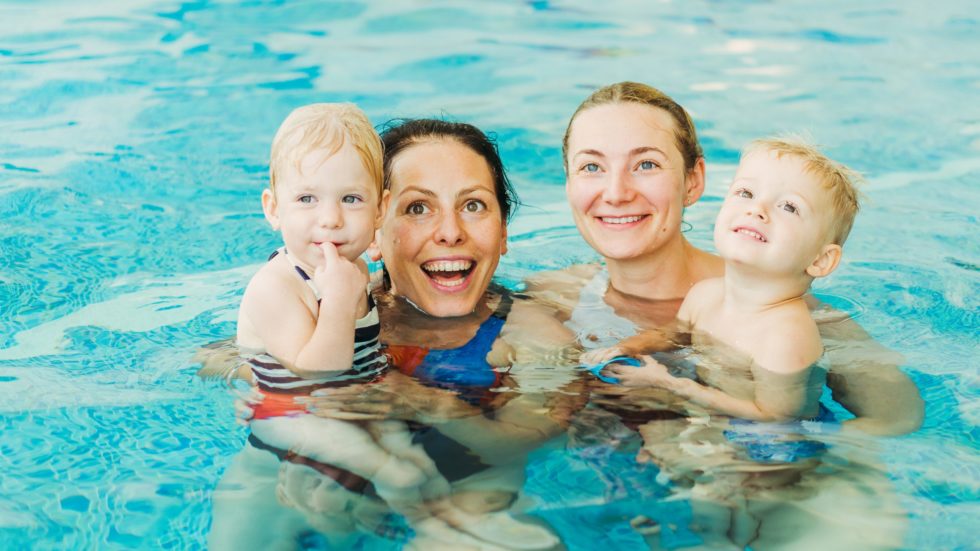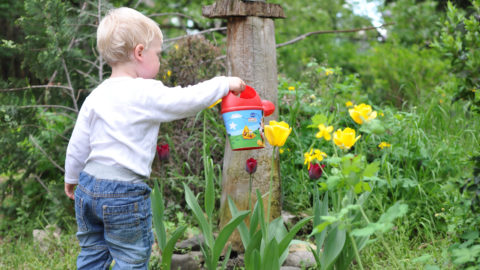Life Skills For Children In 2020

Life Skills For Children In 2020
You may have given them the gift of life, but how about giving your children an important life skill? In 2020, often children’s attention can stray, and be heavily influenced by technology, however, it does not have to be this way and there are several age-old life skills which you can equip your youngster with which will stand the test of time and give them a skill for life.
If you are a busy working parent it can be incredibly difficult to find the time to instil life skills in the mind of your children, however, it is important to set them on the right road as soon as you can meaning they will be set with the skills to tackle primary and secondary education, further and higher education, and life beyond education through academic and creative skills lasting a lifetime.
Communication
Communicating is an ongoing life skill, it begins at birth and develops throughout life, but when most children are of primary school age their abilities to communicate thoughts, express themselves and listen to others undergo change. To help your child develop, remember, that they learn from what they see and experience. Therefore, think before you speak, avoid shouting, speak clearly, and listen carefully – from witnessing these skills, first-hand should make for a successful start for your child.
Foreign Languages
Studies by academics have revealed that learning additional languages can increase a child’s critical thinking skills, creativity and the flexibility of the mind, proving that teaching your child how to say even the most simplest of phrases such as “hello” or “thank you”, goes beyond holiday politeness, and expand the mind, increase understanding of another culture, and even a greater awareness of the English language. Contact your local college or foreign language tutor about lessons available.
Swimming
Swimming is much more than just a sport, swimming is recognised as a great form of exercise, as it builds strength and cardiovascular abilities simultaneously, but it can also, vitally save your child’s life. Drowning unfortunately is still one of the most common causes of accidental deaths in children and should be considered a lifesaving skill as well as a life skill. Contact your local swimming pool or swim school for more information about practical swimming lessons and lifesaving courses available.
Reading
Every day we all need to read in order to understand the world around us, by reading to our children, and continuing to do so, from an early age, we improve their knowledge and understanding of wider language and vocabulary, and make reading second nature. It can also open discussions to feelings, all too often the work-life balance can offer little time but be sure to schedule in reading time to pass on this skill to your child – even just 15 minutes before bed could make a big difference.






